I am working on optimizing some heavily used stored procedures and ran across a scenario that raised a question that I couldn't find any answers for: when evaluating TSQL in a stored procedure, does SQL Server short-circuit the IF statement?
For example, assume a stored procedure has code similar to:
IF @condition1 = 1
OR EXISTS(SELECT 1 FROM table1 WHERE column1 = @value1)
...
In this scenario does SQL Server short-circuit the evaluation such that the EXISTS statement is never executed when the preceding clause evaluates to true?
If it never or only sometimes does, then we have some rewriting ahead of us.

